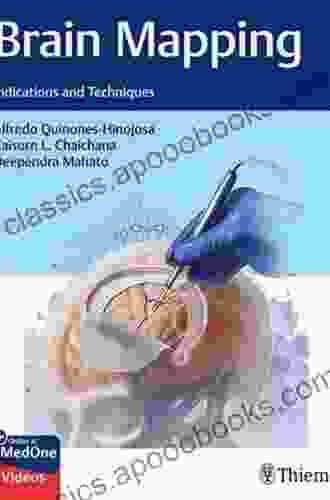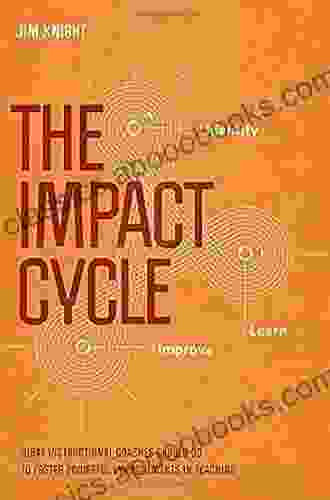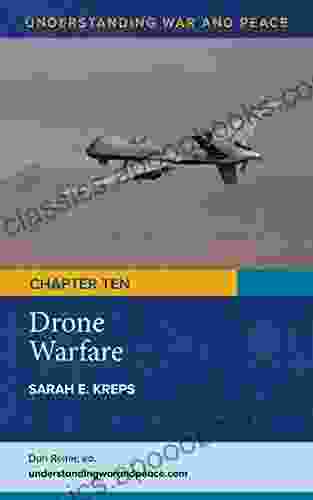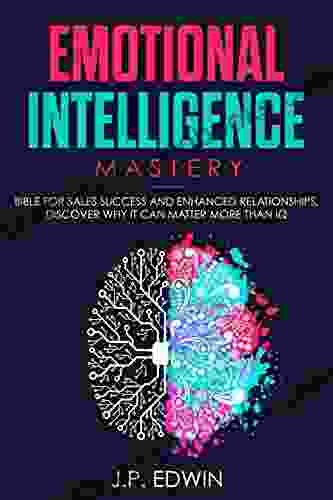Unlocking Excellence: The Essential Role of Instructional Coaches in Transforming Teaching

Instructional coaches play a pivotal role in improving teaching practices and empowering educators to create dynamic and engaging learning environments. This article delves into the critical responsibilities of instructional coaches and provides practical strategies to foster powerful improvements in teaching.
Defining Instructional Coaching
Instructional coaching is a collaborative process that involves working with teachers to improve their pedagogical skills and enhance student learning. Coaches provide targeted support, feedback, and guidance, enabling educators to refine their instructional practices and achieve their full potential.
4.7 out of 5
| Language | : | English |
| File size | : | 8143 KB |
| Text-to-Speech | : | Enabled |
| Screen Reader | : | Supported |
| Enhanced typesetting | : | Enabled |
| Word Wise | : | Enabled |
| Print length | : | 287 pages |
Key Responsibilities of Instructional Coaches
The central responsibilities of instructional coaches include:
- Observing and Assessing Teaching: Coaches observe teachers in their classrooms to assess their strengths, areas for growth, and the effectiveness of their instructional strategies.
- Providing Feedback and Guidance: Based on their observations, coaches provide constructive feedback, share best practices, and offer personalized guidance to help teachers improve their teaching methods.
- Facilitating Professional Development: Coaches organize and facilitate professional development opportunities, workshops, and coaching sessions to enhance teachers' knowledge and skills.
- Supporting Curriculum and Instruction: Instructional coaches collaborate with teachers to develop and implement curriculum and instruction that aligns with educational standards and best practices.
- Promoting Collaboration and Reflection: Coaches encourage teachers to engage in collaborative planning, peer observation, and self-reflection to foster continuous improvement.
Strategies for Fostering Powerful Teaching Improvements
To effectively foster improvements in teaching, instructional coaches can employ the following strategies:
- Building Strong Relationships: Establishing trusting and supportive relationships with teachers is essential for effective coaching. Coaches should approach teachers with empathy and respect, demonstrating a genuine desire to help them grow.
- Focusing on Evidence-Based Practices: Instructional coaches should ground their feedback and guidance in research-based teaching strategies. They should provide teachers with specific examples and data to support their recommendations.
- Empowering Teachers: Coaches should empower teachers to take ownership of their professional development. They should involve teachers in goal-setting and provide them with opportunities to reflect on their progress and identify areas for improvement.
- Providing Ongoing Support: Coaching should be an ongoing process, not a one-time event. Instructional coaches should provide regular feedback, support, and encouragement to help teachers sustain their growth efforts.
- Leveraging Technology: Technology can be a valuable tool for instructional coaches. They can use online platforms, video conferencing, and data analysis tools to enhance their coaching practices.
Benefits of Instructional Coaching
When instructional coaches effectively fulfill their responsibilities, they can bring about significant benefits for teachers and students:
- Improved Teacher Effectiveness: Instructional coaching helps teachers to refine their teaching methods, increase their content knowledge, and develop a deeper understanding of effective instructional practices.
- Enhanced Student Learning: Improved teacher effectiveness leads to increased student engagement, higher grades, and improved overall academic performance.
- Reduced Teacher Turnover: Instructional coaching fosters a positive and supportive school culture, resulting in reduced teacher turnover and increased job satisfaction.
- Higher Teacher Confidence: Instructional coaches help teachers to develop confidence in their abilities and empower them to make informed decisions about their teaching practices.
- Aligned Curriculum and Instruction: Instructional coaches assist teachers in ensuring that curriculum and instruction align with educational standards and promote student success.
Instructional coaches play a critical role in transforming teaching and improving student learning outcomes. By observing, assessing, and providing personalized support to teachers, instructional coaches empower educators to adopt effective instructional strategies, enhance their pedagogical skills, and create dynamic and engaging learning environments. Embracing these key responsibilities and employing the strategies outlined in this article will enable instructional coaches to unlock excellence in teaching and make a lasting impact on the lives of students.
Alt Attribute Keywords
- Instructional coaches
- Teaching improvements
- Teacher effectiveness
- Student learning
- Collaborative process
- Feedback and guidance
- Professional development
SEO Image Title
Instructional Coaches: The Catalysts for Powerful Teaching Transform
4.7 out of 5
| Language | : | English |
| File size | : | 8143 KB |
| Text-to-Speech | : | Enabled |
| Screen Reader | : | Supported |
| Enhanced typesetting | : | Enabled |
| Word Wise | : | Enabled |
| Print length | : | 287 pages |
Do you want to contribute by writing guest posts on this blog?
Please contact us and send us a resume of previous articles that you have written.
 Book
Book Novel
Novel Page
Page Chapter
Chapter Text
Text Story
Story Genre
Genre Reader
Reader Library
Library Paperback
Paperback E-book
E-book Magazine
Magazine Newspaper
Newspaper Paragraph
Paragraph Sentence
Sentence Bookmark
Bookmark Shelf
Shelf Glossary
Glossary Bibliography
Bibliography Foreword
Foreword Preface
Preface Synopsis
Synopsis Annotation
Annotation Footnote
Footnote Manuscript
Manuscript Scroll
Scroll Codex
Codex Tome
Tome Bestseller
Bestseller Classics
Classics Library card
Library card Narrative
Narrative Biography
Biography Autobiography
Autobiography Memoir
Memoir Reference
Reference Encyclopedia
Encyclopedia Shanen Ricci
Shanen Ricci Jean Hanff Korelitz
Jean Hanff Korelitz Philip Glass
Philip Glass Christine Kling
Christine Kling Connell Barrett
Connell Barrett Kristen Delay
Kristen Delay Andrew L Roberts
Andrew L Roberts Patricia Strange
Patricia Strange Stephen Ward
Stephen Ward Andrew Nugara
Andrew Nugara Founding Fathers
Founding Fathers Nancy L Rosenblum
Nancy L Rosenblum Jim Knight
Jim Knight Bernadette Sukley
Bernadette Sukley Ian Johnson
Ian Johnson Corey Wayne
Corey Wayne Stitchy Mcyarnpants
Stitchy Mcyarnpants Walt Lamberg
Walt Lamberg Torben Betts
Torben Betts Matthew Hughes
Matthew Hughes
Light bulbAdvertise smarter! Our strategic ad space ensures maximum exposure. Reserve your spot today!
 Jan MitchellFollow ·4.9k
Jan MitchellFollow ·4.9k Harvey BellFollow ·13.5k
Harvey BellFollow ·13.5k Art MitchellFollow ·15.5k
Art MitchellFollow ·15.5k Avery SimmonsFollow ·9k
Avery SimmonsFollow ·9k Louis HayesFollow ·17.3k
Louis HayesFollow ·17.3k Jamie BellFollow ·15.7k
Jamie BellFollow ·15.7k Jordan BlairFollow ·13.8k
Jordan BlairFollow ·13.8k Miguel de CervantesFollow ·2.3k
Miguel de CervantesFollow ·2.3k

 Devin Ross
Devin RossUnlocking the Secrets of the Mind: Brain Mapping...
The human...

 Jacob Foster
Jacob FosterNovel of Misconception, Truth, and Love: A Journey of...
Unraveling the Lies We...

 Benji Powell
Benji PowellThe Only Technique You Will Ever Need: Unlocking the...
By [Author's...

 Pete Blair
Pete BlairUnveiling the Enchanting World of 'Magnolia House' by...
A Literary...
4.7 out of 5
| Language | : | English |
| File size | : | 8143 KB |
| Text-to-Speech | : | Enabled |
| Screen Reader | : | Supported |
| Enhanced typesetting | : | Enabled |
| Word Wise | : | Enabled |
| Print length | : | 287 pages |
















